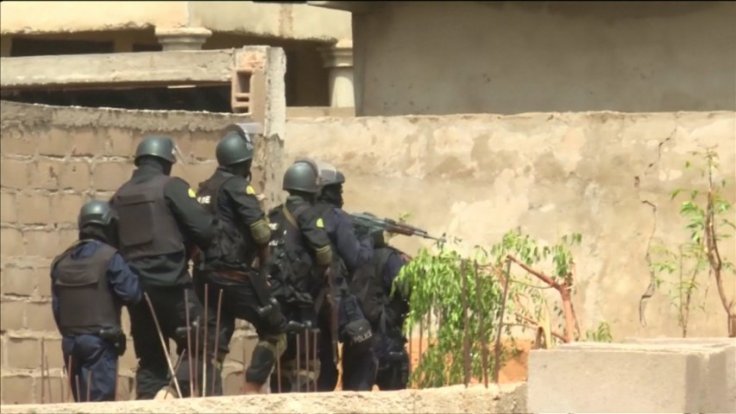The killing of Abu Muhammad al-Masri, Al-Qaida's second-highest leader, has come to light months after it was executed inside Iran. Al-Masri, who carried a bounty of $10 million, was responsible for the attacks on the US embassies in Kenya and Tanzania in 1998 that killed 224 people.

Why was he Living in Iran?
The leader of the Sunni Islamist terrorist was surprisingly living undercover in Iran, which is a Shiite country that opposes Sunni hardline group Al-Qaeda. Why Al-Masri was given refuge in Iran is a mystery, though experts say Iran does give refuge to Osama bin Laden's operatives for two reasons; 1) to make sure Al-Qaeda does not launch attacks against Iran and 2) to use the Qaeda radicals to launch attacks against sworn enemy, the US.
Besides harboring al-Qaeda leaders for strategic purposes, Iran has also historically cooperated with Gaza-based Sunni terror group Hamas and Palestinian Islamic Jihad, a report in Albawaba says.
Next in Line to Lead Al-Qaeda
Abu Muhammad al-Masri, whose real name is Abdullah Ahmed Abdullah, is an Egyptian national who fought against the Soviets in Afghanistan in the 80s. He was denied re-entry to Egypt after his Mujahideen days, and joined bin Laden's terror outfit later. He was one of the earliest members of bin Laden's terror group and held a senior position in the outfit. It was believed that Al-Masri would have become Al-Qaeda chief after Ayman al-Zawahri.
Top Secret Killing by Israelis

Al-Masri was killed by Israeli operatives inside Iran on August 7, the anniversary of the African attacks. However, the US, Israel and Iran did not acknowledge the killing. Iran reported the death of a Lebanese history professor by the name of Habib Daoud, but such a person did not exist. Israel and the US officials did not comment on the killing, according to the New York Times, which reported the story.
Link Between old Guard and Modern Jihad Snapped
Al-Qaeda also did not talk about the killing of the 58-year-old terrorist. Analysts say that with Al-Masri's death, the link between the founding members of the terror group with the current leadership has snapped. "If true, this further cuts links between old-school al-Qaida and the modern jihad ... It just further contributes to the fragmentation and decentralization of the al-Qaida movement," Nicholas J. Rasmussen, a former director of the National Counterterrorism Center, said.
Drive-by Shooting in Tehran
Al-Masri was taken down in a drive-by shooting typical of Israeli operatives that eliminate high value targets. The terrorist was driving his car in Tehran, and his daughter Miriam was with him. Both died as the Israeli agents pulled up by the car and fired five shots into it. Miriam was the widow of Osama bin Laden's late son Hamza bin Laden.









